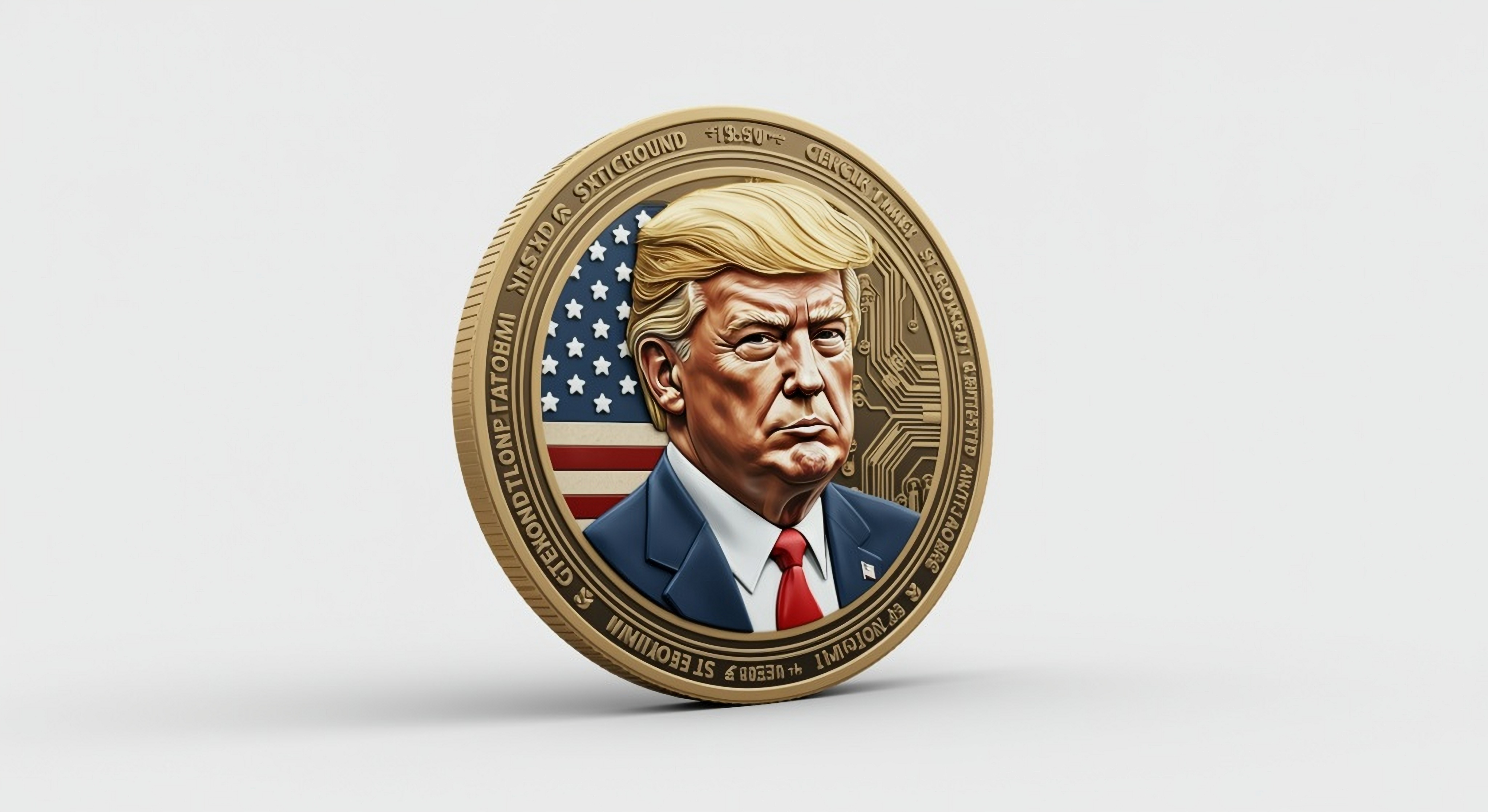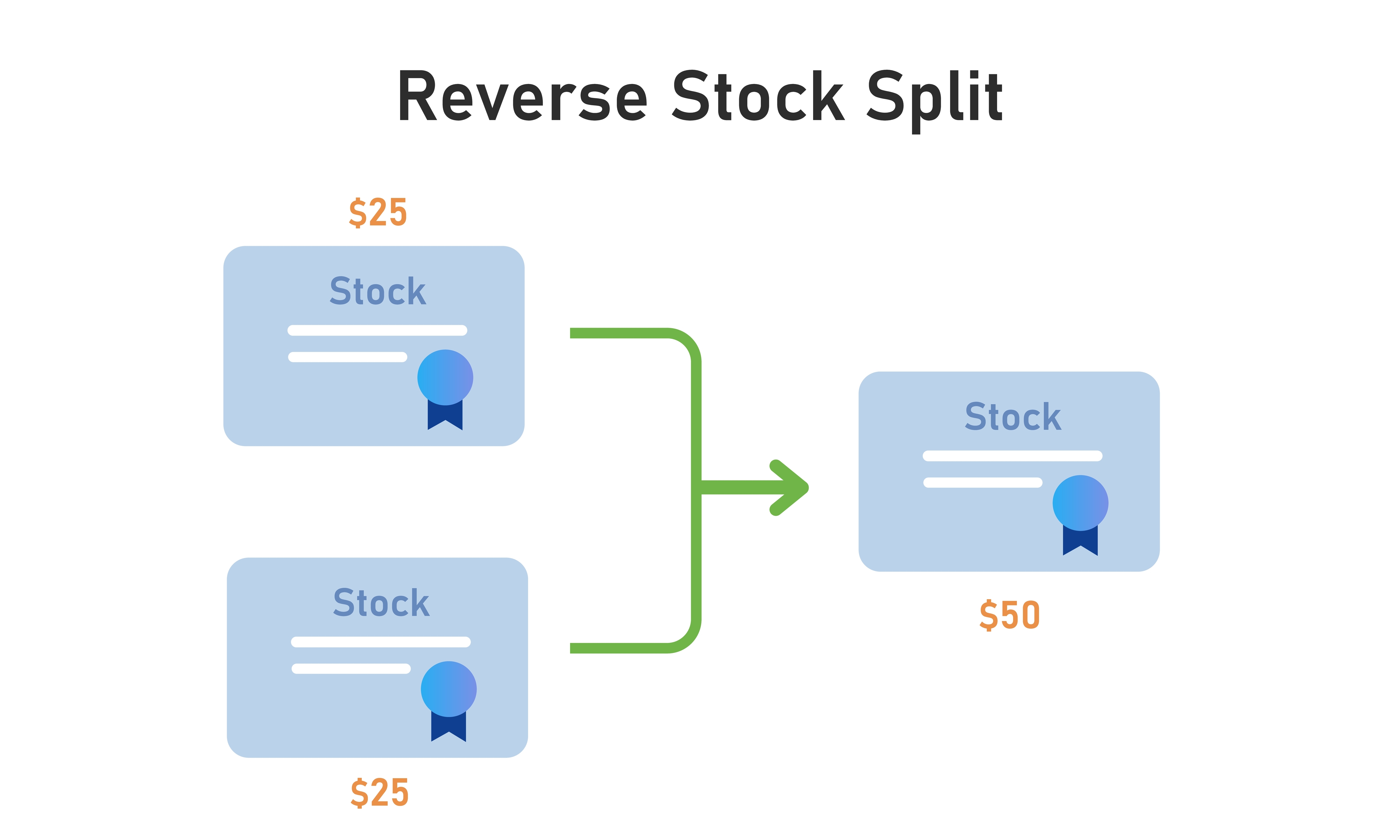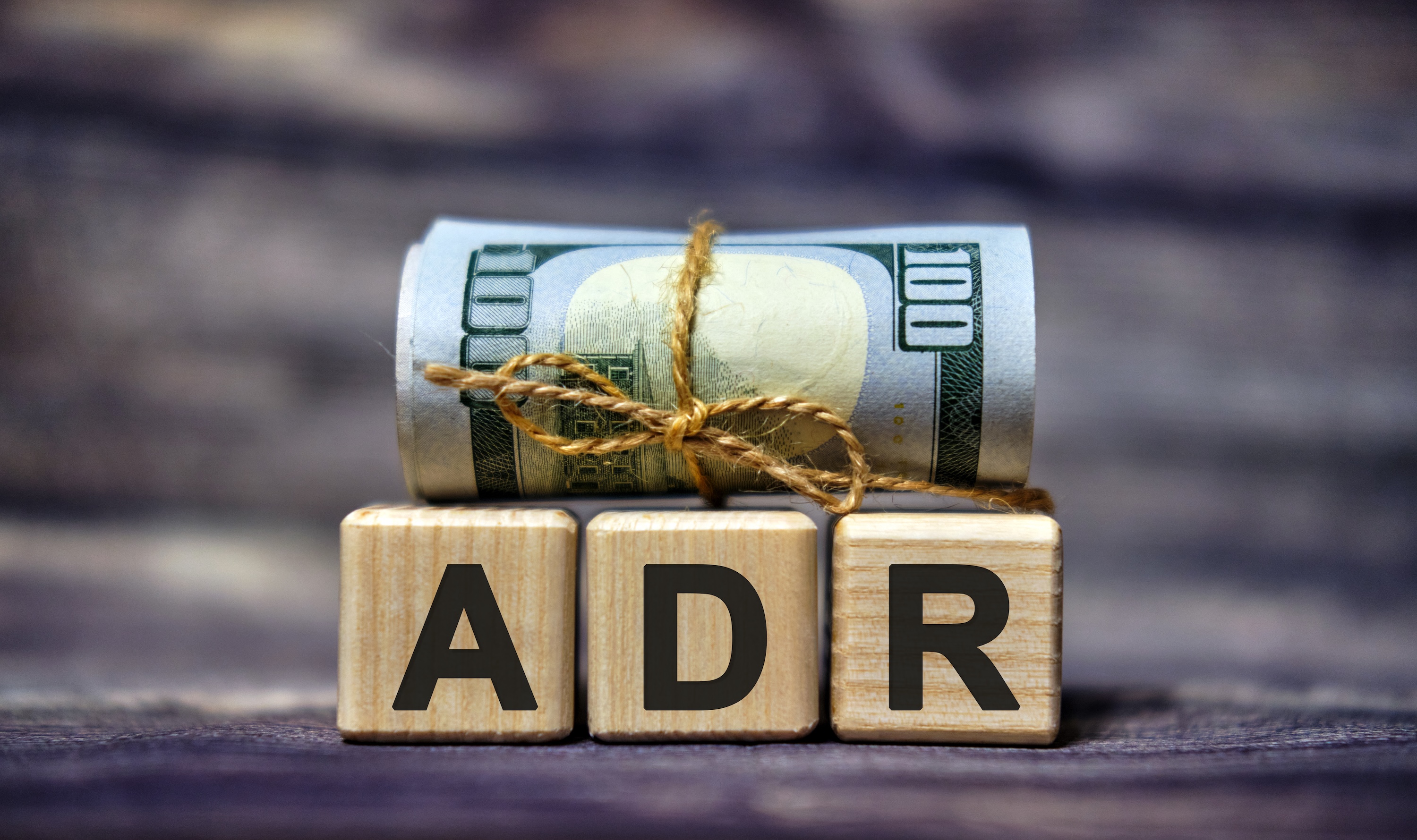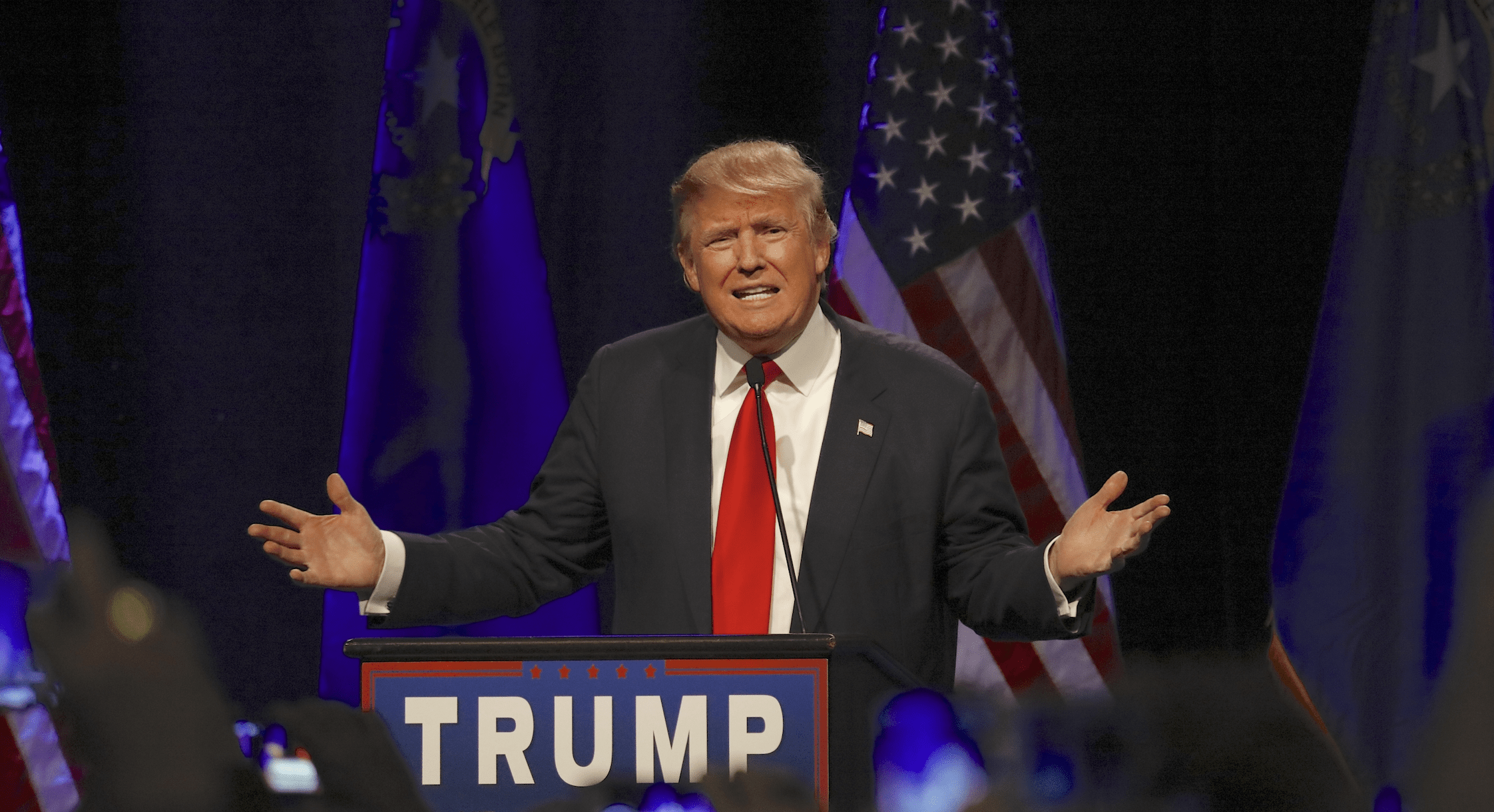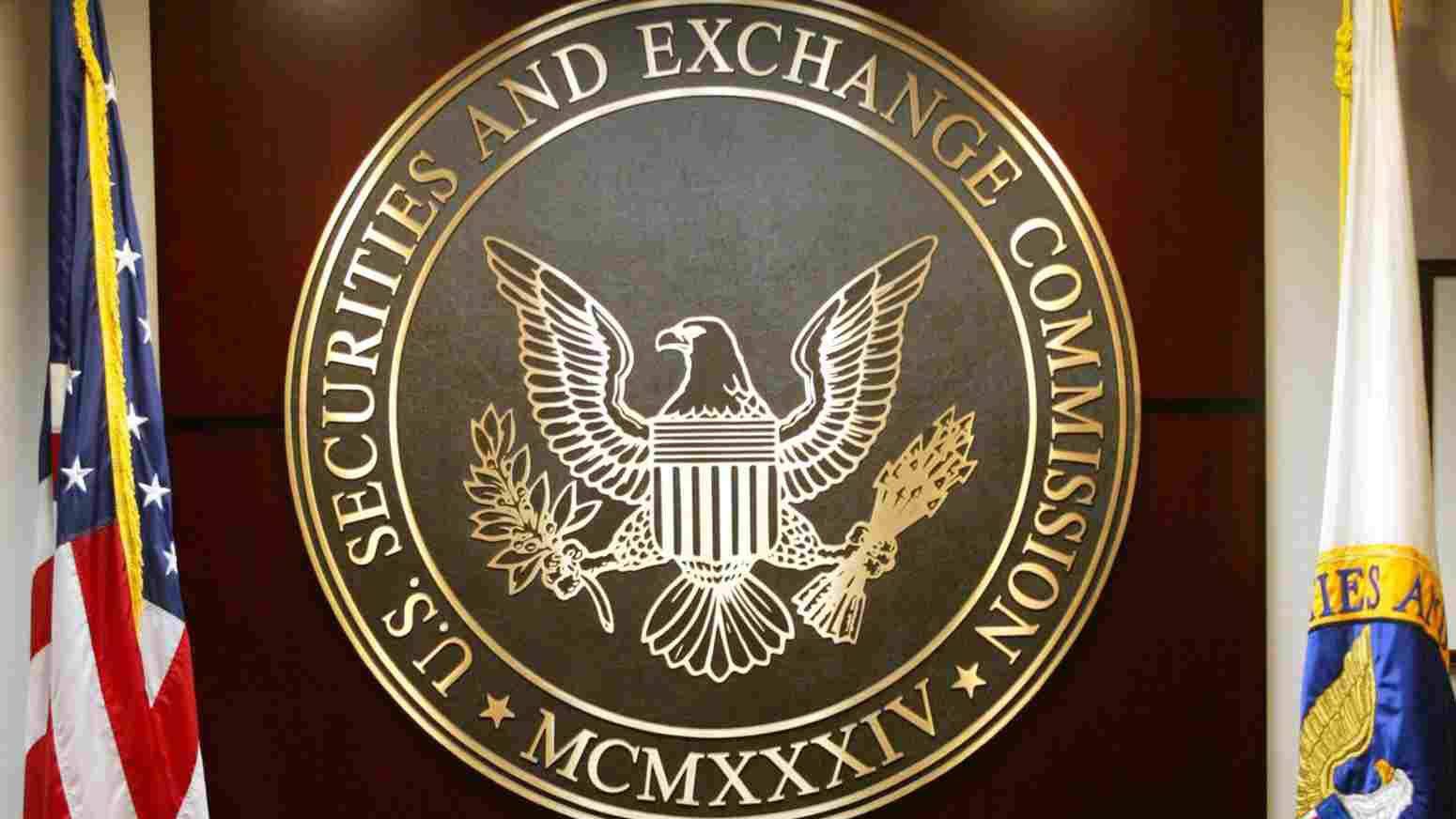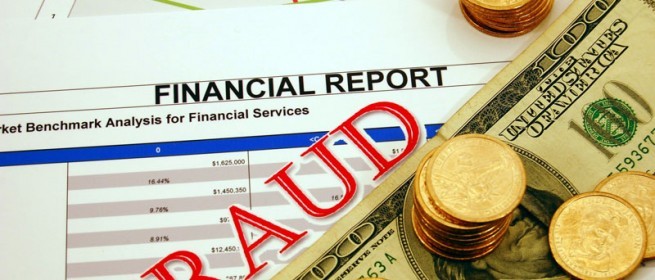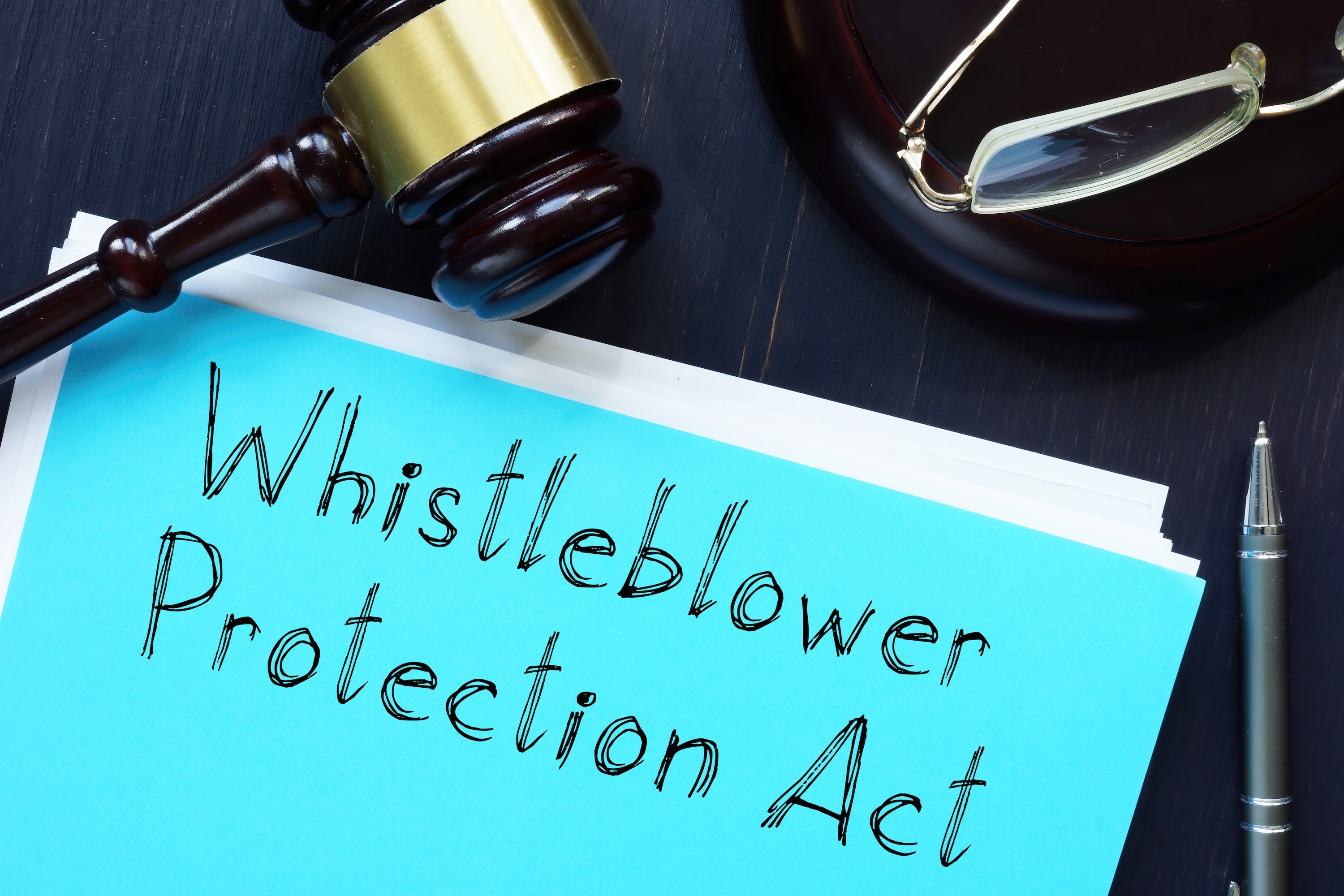OTC Markets OTC Pink Current Reports – Material Corporate Events
In addition to the OTC Markets requirement that public companies on the OTC Pink Market file annual and quarterly reports, all companies on the OTC Pink Market are required to promptly disclose to the public any news or information regarding matters that may be material to the issuer and its securities even if that information is negative.
Persons with knowledge of such material events are considered to be in possession of material nonpublic information and may not buy or sell the issuer’s securities until or unless such information is made public.
If not included in the issuer’s previous OTC Markets filings and disclosures, or if the material events occur after the publication of such OTC Markets disclosures, the public company must publicly disclose such events by disseminating a news release within four (4) business days following their occurrence and posting such news release through an Integrated Newswire or the OTC Disclosure & News Service. Read More
Going Public and Direct Public Offerings Provide Benefits in 2025
Going public is still considered a benefit to issuers seeking to raise capital or obtain recognition of their business. Even in a down economy, private companies seek the perceived benefits of being publicly traded. While there are a variety of ways to create a publicly traded company, each comes with its own unique requirements and risks. The Direct Public Offering (“DPO”) eliminates many of the risks and expenses associated with reverse mergers into public shell companies. Issuers going public using a DPO also have fewer hurdles to obtaining electronic trading from Depository Trust Company (“DTC”).
Reverse merger companies often encounter DTC chills and global locks because of prior unregistered securities issuances and being public shells under prior management.
Types of Registered Offerings: Issuers going public with an Initial Public Offering (“IPO”) or DPO must file a registration statement pursuant to the Securities Act of 1933, as amended (the “Securities Act”). The most commonly used registration statement is Form S-1 for domestic issuers and Form F-1 for foreign issuers seeking to go public. Read More
SEC Settles with Morningview Financial, LLC and Its Managing Member, Miles M. Riccio, Alleged to Have Acted as Unregistered Dealers
On December 23, 2024, the United States District Court for the Southern District of New York entered final judgments on consent against Defendant Morningview Financial, LLC, a company alleged to have acted as an unregistered dealer; Defendant Miles M. Riccio, Morningview Financial’s managing member and partial owner; and Relief Defendant Joseph M. Riccio, Morningview Financial’s other partial owner who also received a portion of the alleged ill-gotten gains.
The SEC’s complaint, filed on September 23, 2022, alleged that Morningview Financial and Miles Riccio acted as securities dealers from approximately July 2017 through at least December 2021, notwithstanding the fact that they were not registered as dealers with the SEC, nor was Miles Riccio associated with an SEC-registered dealer. The SEC also alleged that Defendants funded 35 penny stock issuers in exchange for at least 68 convertible notes and 4 warrant agreements, converted the notes and the warrants to obtain more than 3.2 billion shares of newly issued shares of common stock, and then publicly sold over 90% of these new shares of common stock, generating over $14.8 million in trading profits. Read More
Pink Current will become OTCID on July 1, 2025
Over the past 25 years, the OTC Markets Group (OTCQX: OTCM) has made many changes to modernize the OTC Markets platform. This platform facilitates trading in over 12,000 securities, totaling hundreds of billions of dollars in transactions each year. One significant change was the introduction of the OTCQX and OTCQB markets, which hold companies to higher financial and disclosure standards.
In July 2025, OTC Markets Group will make another change: replacing Pink Current with OTCID. OTCID will be a Basic Reporting Market for companies that meet a minimal current information standard and provide management certification without the qualitative standards of our OTCQX and OTCQB markets.
Issuers that do not provide updated information, ongoing reporting, and the required management certifications will see their securities transition to the Pink Limited Market or the Expert Restricted Market, whichever is applicable. Read More
What Are American Depositary Receipts (“ADRs”)?
Many foreign companies use American Depositary Receipts (“ADRs”) as a means of going public to raise capital or establish a trading presence in the United States. ADRs are traded on exchanges like NASDAQ or NYSE as well as the OTC Markets.
An ADR is a negotiable certificate that evidences ownership of American Depositary Shares (“ADSs”), which, in turn, represent an interest in a specified number (or fraction) of a foreign company’s shares. The use of a ratio allows ADSs to be priced at an amount more typical for the U.S. public markets. While an ADR is a physical certificate evidencing an ADS, market participants often use the terms ADR and ADS interchangeably. ADRs trade in U.S. dollars and clear through U.S. settlement systems, allowing ADR holders to avoid effecting transactions in a foreign currency. Read More
Foreign Private Issuer Periodic Reporting on Form 20-F and Form 6-K
After a foreign private issuer has completed its going public transaction by completing an offering registered under the Securities Act of 1933, as amended (the “Securities Act”) or registered as a class of securities under the Exchange Act of 1934 (the “Exchange Act”), it is required as an SEC reporting company to file reports with the Securities and Exchange Commission (“SEC”) on an ongoing or continuous basis. Foreign Private Issuer SEC reporting requirements with the SEC are as follows: Read More
What to Expect When You’re Expeccting – Trump’s SEC
Market participants are speculating about the new Trump deregulation agenda and how it will impact the SEC. With Republicans in control of the 119th Congress, we expect to see SEC deregulation and changes aimed at capital formation and easing burdens on public companies. The incoming Trump administration will likely emphasize that reduced regulatory burdens may be beneficial to investments in new projects, expanded operations, and increased hiring. Of course, the existing regulatory scheme warns that deregulation would lead to excessive risk and lead to increased fraud.
Trump has been a strong supporter of digital assets and cryptocurrencies, which may result in scaling back enforcement actions as well as proposing new regulations or designating another enforcement agency to regulate this area, such as the the CFTC.
We also expect that controls and procedures violations will be reduced or eliminated and the SEC will scale back, eliminate, or not pursue enforcement actions for defective environmental, social, and corporate governance disclosures, absent an egregious fraud.
The SEC Announces Enforcement Results for Fiscal Year 2024
On November 22, 2024, the Securities and Exchange Commission announced that it filed 583 total enforcement actions in fiscal year 2024 while obtaining orders for $8.2 billion in financial remedies, the highest amount in SEC history.
The 583 enforcement actions represent a 26 percent decline in total enforcement actions compared to fiscal year 2023. Of those cases, the Commission filed 431 “stand-alone” actions, which was 14 percent less than in the prior fiscal year; 93 “follow-on” administrative proceedings seeking to bar or suspend individuals from certain functions in the securities markets based on criminal convictions, civil injunctions, or other orders, which was 43 percent less than the prior fiscal year; and 59 actions against issuers who were allegedly delinquent in making required filings with the SEC, which represented a decrease of 51 percent.
The $8.2 billion in financial remedies consisted of $6.1 billion in disgorgement and prejudgment interest, also the highest amount on record, and $2.1 billion in civil penalties, the second-highest amount on record. Approximately 56 percent of the $8.2 billion financial remedies ordered is attributable to a monetary judgment obtained following the SEC’s jury trial win against Terraform Labs and Do Kwon, who were charged with one of the largest securities frauds in U.S. history.
In addition, in fiscal year 2024, the SEC obtained orders barring 124 individuals from serving as officers and directors of public companies, the second-highest number of such bars obtained in a decade.
In fiscal year 2024, the SEC distributed $345 million to harmed investors, marking more than $2.7 billion returned to investors since the start of fiscal year 2021. The SEC also received 45,130 tips, complaints, and referrals in fiscal year 2024, the most ever received in one year, including more than 24,000 whistleblower tips, more than 14,000 of which were submitted by two individuals. The SEC issued whistleblower awards totaling $255 million. Read More
SEC brings charges against BIT Mining Ltd, Azure Power Global Ltd and Adani Green Energy Ltd in alleged massive bribery schemes
This week, the Securities and Exchange Commission (the “SEC“) brought charges in three separate alleged massive bribery schemes.
In action #1, brought on November 18, 2024, the SEC announced that BIT Mining Ltd., formerly known as 500.com Limited, agreed to pay a $4 million civil penalty to resolve charges that it violated the Foreign Corrupt Practices Act (FCPA) from 2017 to 2019 by engaging in a widespread bribery scheme to influence numerous foreign officials, including members of Japan’s parliament, in efforts to establish an integrated resort casino in Japan.
500.com was an online sports lottery service provider headquartered in Shenzhen, China, whose shares traded on the New York Stock Exchange (“NYSE”) under the symbol “WBAI.” In 2021, the issuer changed course and entered the cryptocurrency industry, changing its name and symbol to BIT Mining Ltd (BTCM). As of today, it trades on the NYSE.
The SEC’s order finds that the bribery scheme involved illicit payments of approximately $2.5 million in the form of cash bribes, entertainment, and extravagant trips. The order further finds that the bribes were authorized by a 500.com senior executive and that, after the bribery scheme came to light, the company never entered the market. Read More
The SEC’s Amended “Dealer” Definition for Toxic Lenders
In the past five years or so, we’ve written many times about “toxic lenders”. These toxic lenders have been active since the end of the last century and have flourished providing financing to small publicly traded companies quoted by the OTC Markets. The kind of financing they offer is called “market adjustable” by the Securities and Exchange Commission and “toxic funding” or “death spiral funding” by many of its victims. The way it works is simple: the financier and the public company sign agreements binding each party to certain obligations and guaranteeing each party certain rights.
The public company will usually get money upfront. In return, the public company will issue market adjustable securities—a promissory note, preferred stock, warrants, debentures—to the toxic lender. The “market adjustable” part of the deal means that the securities sold will be convertible to common stock at a price that adjusts based on the public company’s trading price. Sometimes, the shares are registered with the SEC and can be sold immediately, and other times, the toxic lender can’t sell immediately because the convertible instrument will be subject to Rule 144, which means a holding period applies. The lender can’t sell for six months if the public company is an SEC registrant, or one year if it is not.
In a perfect world, these kinds of loans would be a great success for all involved: the public company, a startup, or at least a young company, would get the cash it needs in the short term and can use it to make more money, with which it could pay off the loan. In the end, the deal would cost him only a reasonable amount of interest.
But the world is not perfect, and this kind of financing comes with a catch. There is some risk for the toxic lender, because the value of the stock in question may be lower, not higher, when they seek to sell from the time the stock purchase agreement is signed. To compensate for this risk, the toxic lender will receive a large discount to the market price of the stock when he does convert and sell. The discount is usually between 40 and 50 percent but may be as high as 60 or 70 percent.
Securities Attorney Matthew C McMurdo suspended by the SEC
On September 20, 2024, the Securities and Exchange Commission (the “SEC” or “Commission”) issued an Administrative Order against securities attorney Matthew C. McMurdo for violating Section 4C of the Securities Exchange Act of 1934 (“Exchange Act”) and Rule 102(e)(1)(ii) of the Commission’s Rules of Practice.
According to the Order, from 2016 – 2021, McMurdo, who has been licensed to practice law in the state of New York since 1998, was engaged as corporate counsel for Enviro Impact Resources, Inc., f/k/a Industry Source Consulting, Inc. (“INSO”), is a non-SEC reporting, microcap public company with multiple former names, including Vega Biofuels, Inc. (“Vega”). During that time, McMurdo signed and then issued 10 opinion letters (“Opinion Letters”) addressed to OTC Markets, in which he opined on various annual and quarterly disclosure reports issued by Vega and INSO. Vega and INSO used these Opinion Letters to be quoted on OTC Markets and to allow broker-dealers to quote the stock of Vega and INSO. Read More
SEC Charges Multiple Individuals and Entities in Relationship Investment Scams
On September 17, 2024, the Securities and Exchange Commission (the “SEC“) charged five entities and three individuals in connection with two relationship investment scams involving fake crypto asset trading platforms NanoBit and CoinW6, respectively. The SEC’s two complaints allege that the schemers used WhatsApp, LinkedIn, and Instagram to gain the trust and confidence of the victims before luring them to fake crypto asset trading platforms and stealing their money. These charges are the SEC’s first enforcement actions alleging these types of scams.
SEC Charges Seven NASDAQ Listed Public Companies with Violations of Whistleblower Protection Rule
On September 9, 2024, the Securities and Exchange Commission (the “SEC”) announced settled charges against seven public companies for using employment, separation, and other agreements that violated rules prohibiting actions to impede whistleblowers from reporting potential misconduct to the SEC. To settle the SEC’s charges, the companies agreed to pay more than $3 million combined in civil penalties.
- Acadia Healthcare Company, Inc. (ACHC) agreed to pay a $1,386,000 civil penalty;
- a.k.a. Brands Holding Corp. (AKA) agreed to pay a $399,750 civil penalty;
- AppFolio, Inc. (APPF) agreed to pay a $692,250 civil penalty;
- IDEX Corporation (IEX) agreed to pay a $75,000 civil penalty;
- LSB Industries (LXU) agreed to pay a $156,000 civil penalty;
- Smart for Life, Inc. (SMFL) agreed to pay a $19,500 civil penalty; and
- TransUnion (TRU) agreed to pay a $312,000 civil penalty.
Are SEC Whistleblower Awards the Road to Riches or a Waste of Time?

On August 23, 2024, the Securities and Exchange Commission (“SEC”) announced It had awarded a total of $98 million to two SEC whistleblowers “whose information and assistance led to an SEC enforcement action and an action brought by another agency.” The first lucky tipster, whose contribution prompted the opening of an investigation and who provided continuing assistance, will pocket a cool $82 million. The second will receive $16 million.
In its press release about the awards, the SEC explained briefly how the program works:
Payments to whistleblowers are made out of an investor protection fund, established by Congress, which is financed entirely through monetary sanctions paid to the SEC by securities law violators. Whistleblowers may be eligible for an award when they voluntarily provide the SEC with original, timely, and credible information that leads to a successful enforcement action. Whistleblower awards can range from 10 to 30 percent of the money collected when the monetary sanctions exceed $1 million.
In the associated SEC Order, the circumstances surrounding the awards are explained fully, but not to us. The document is heavily redacted to protect the whistleblowers’ identities. We do learn that Claimant I alerted SEC staffers to the conduct that prompted the opening of an investigation and that he or she met with them “multiple times” and provided “additional helpful submissions.” Claimant II, apparently acting independently of Claimant I, offered “new helpful information” a year after the investigation had been opened, saving staff time and resources. Claimant I’s information addressed all the transactions in the covered actions filed by the SEC and the “other agency,” while Claimant II’s submission addressed only one of them. Read More
SEC Charges OTC Link LLC with Failing to File Suspicious Activity Reports

On August 12, 2024, the Securities and Exchange Commission (“SEC“) announced charges against OTC Link LLC, a New York-based broker-dealer, for failing to file numerous reports of suspicious financial transactions, known as Suspicious Activity Reports (SARs), for a period of more than three years. OTC Link agreed to pay $1.19 million to settle the charges.
To help detect potential securities law and money-laundering violations, broker-dealers like OTC Link are required to file SARs describing suspicious transactions conducted through their firms. According to the SEC’s order, OTC Link is an indirect, wholly-owned subsidiary of OTC Markets Group, Inc. It has been registered with the SEC as a broker-dealer since 2012. OTC Link’s sole line of business is its operation of three alternative trading system (ATS) platforms, OTC Link ATS, OTC Link ECN, and OTC Link NQB. The three OTC Link ATSs are used by broker-dealers on a daily basis to execute or facilitate tens of thousands of transactions in over-the-counter (OTC) securities, many of which are considered microcap or penny stock securities.



